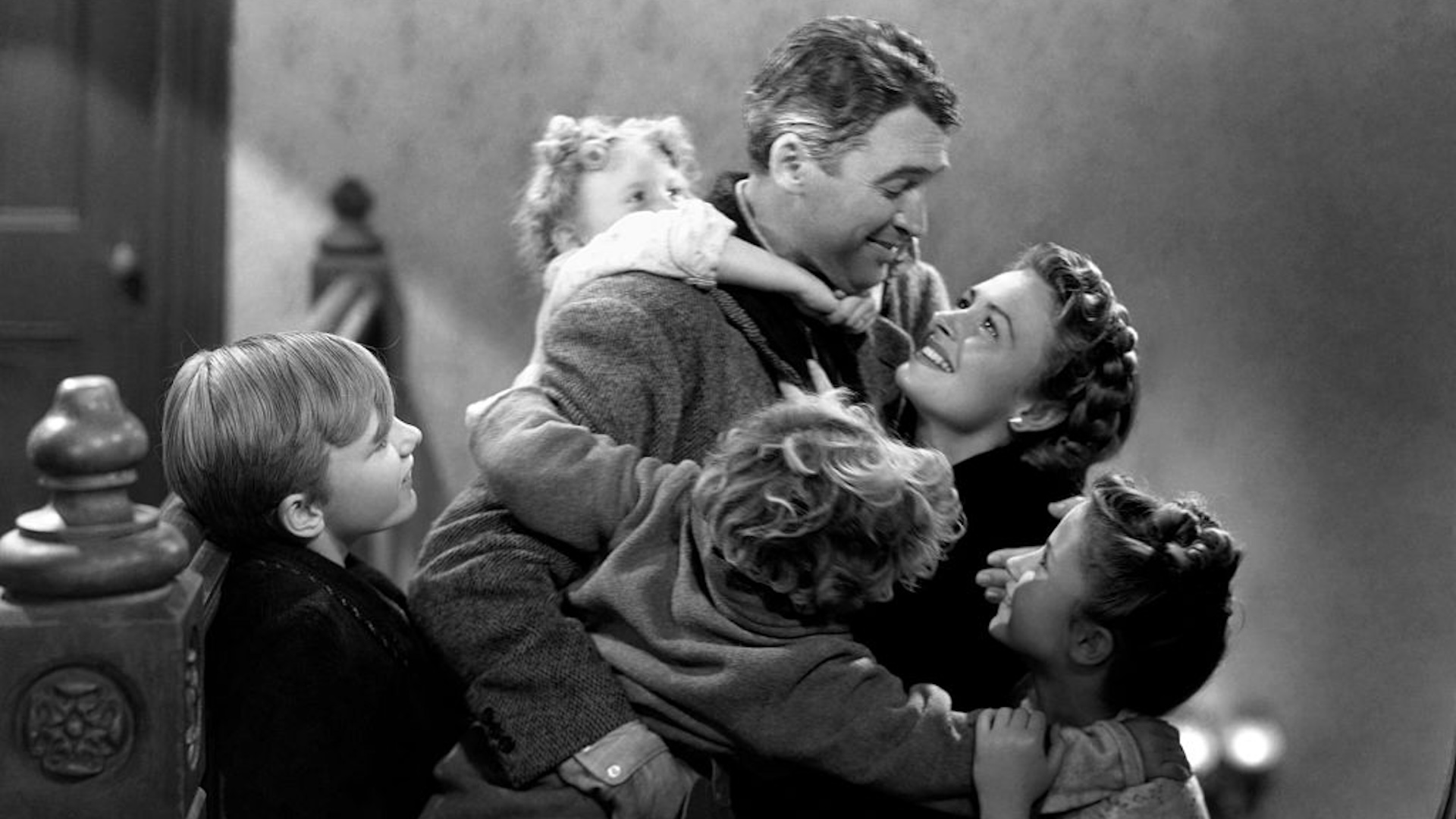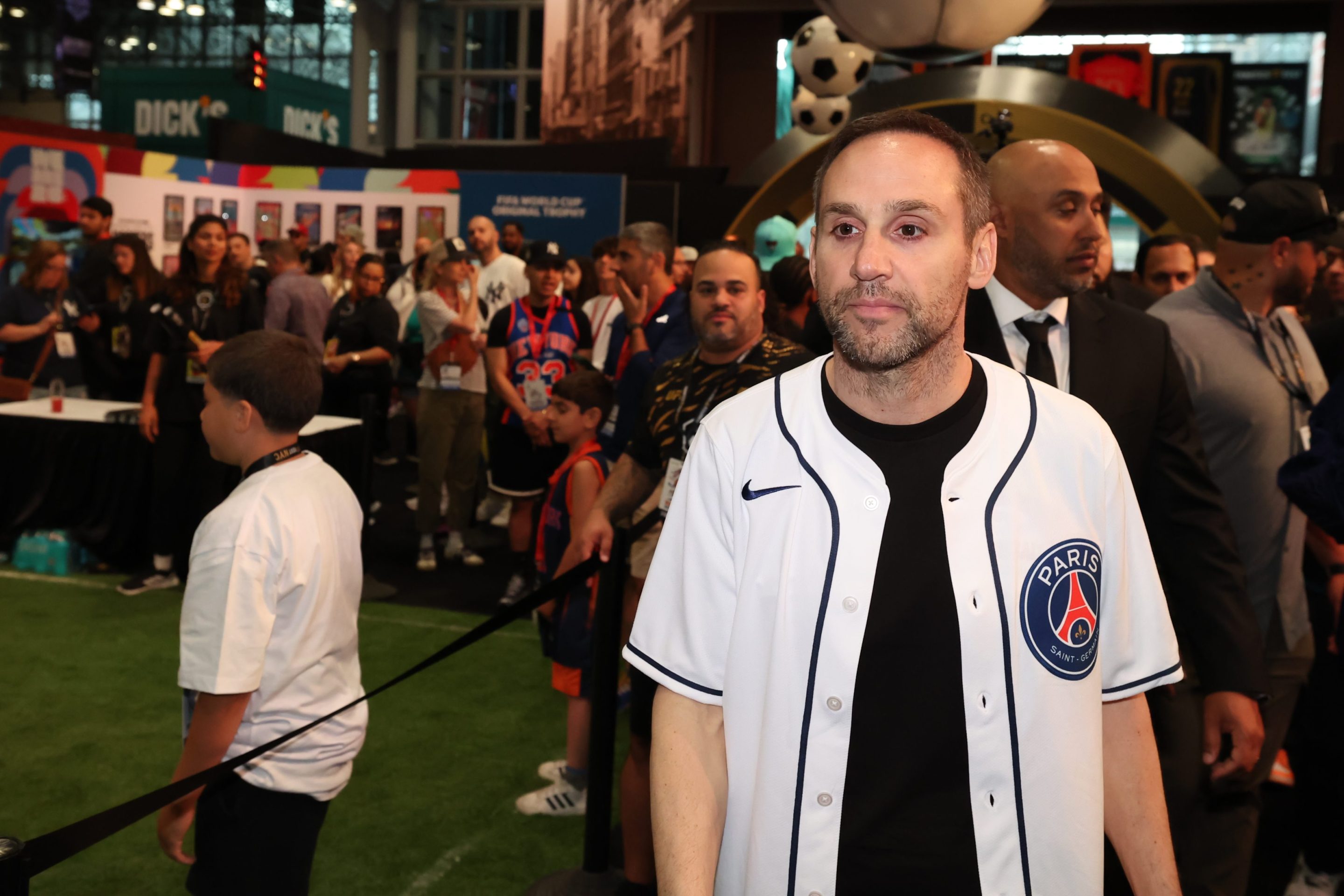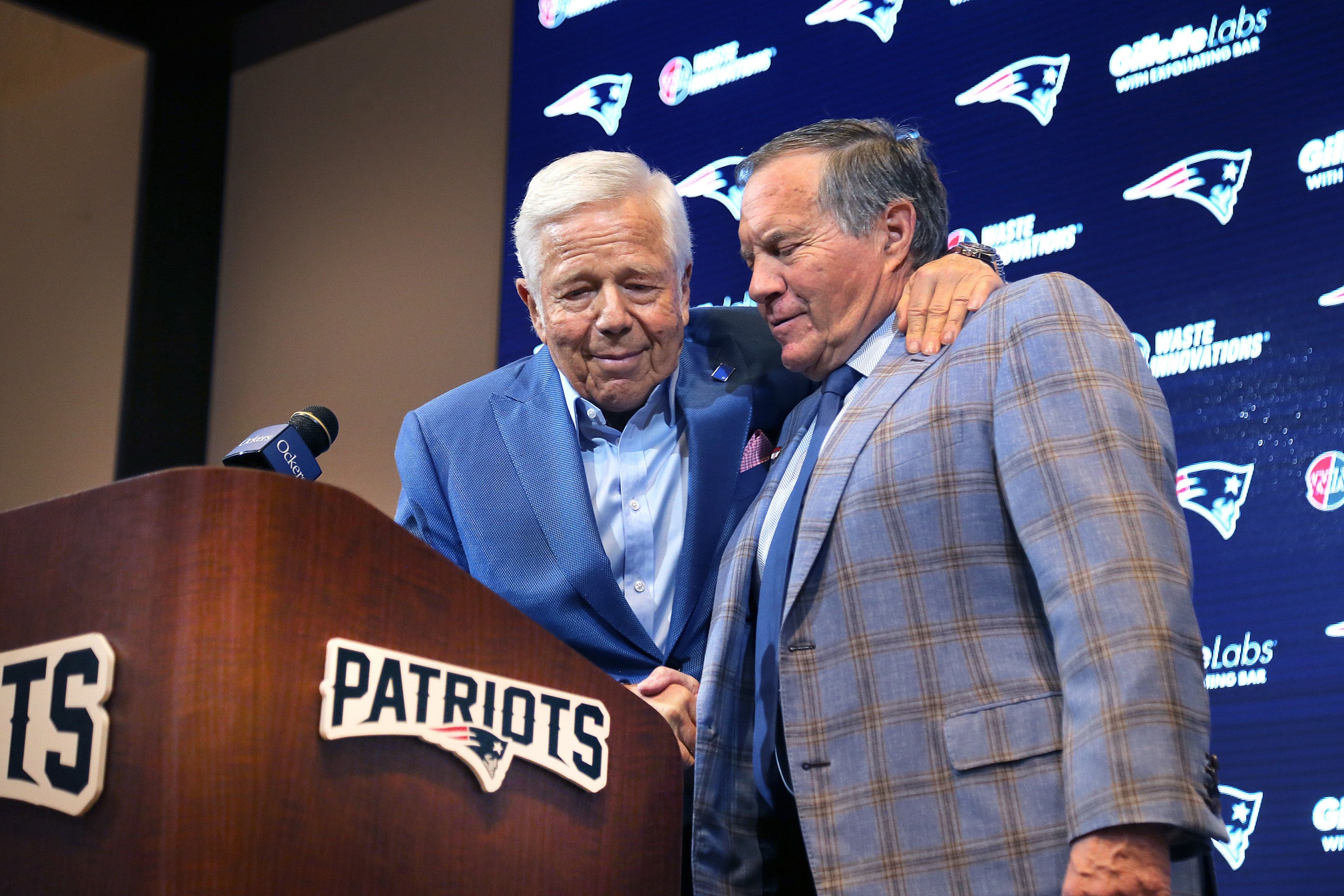This article was originally published on Flaming Hydra on Dec. 4. If you like it, we encourage you to visit their site and subscribe.
For so long I avoided It’s a Wonderful Life—it was too bruising, its redemptions too meager for the guy I was in my 20s, with all those grand plans of his own. I always found myself wishing for more for poor George Bailey, I guess is what I’m saying. Trampled by bad luck, by his own virtue and his begrudging loyalties, stalled out at every moment of departure and always left to clean up someone else’s mess. And worst of all, tormented by the horrible Mister Potter, who creaks through Bedford Falls threatening foreclosures and buyouts in that blubbery old whine of his. I saw Potter as a special kind of real-world doom—a man so powerful you cannot fight against him, only beg him for mercy, as George’s father had done before him and as his children almost certainly will after. The Potters won’t live forever, but there is always another one on their way, with the cops and the bank examiner all working for them too. They weren’t going anywhere.
In George’s world potbellied crooks wheezed in and out of the Building & Loan, gnawing on your tendons with glee and impunity and scheming to build slums and pawn shops on whatever was left of you. They might offer you a deal and maybe even a living, but oh boy will there be interest, there will be a debt you are meant never to pay down, and the faster you hustle the more you will be crushed by how little you ever seem to have. You will have sick kids, a calamitous Uncle Billy bumbling around the family business, and luggage you can’t afford to take anywhere; you’ll have a honeymoon in your own leaky dining room, with two puny little chickens roasting in the fireplace.
There is George’s brother, Harry, who was a hero the moment he left this crummy little town, a great and audacious pilot in World War II, returning always with a face chiseled and lit up by victory. There is an eager, striving high school classmate who made a fortune from plastics. He tried to tip George off too, but George was distracted by One Perfect Moment with a girl whose parents considered him a pushover and a frivolous dreamer.
Watching George fail was agony for me. Sick desperation radiates even from those curling, disheveled wads of greasy hair falling into his face as he chews on his knuckle, sitting at the bar in the sleazy commotion of Martini’s, pleading with God in a country that was supposed to be so much fun. One theory for the movie’s relative financial failure is that its boundless, miraculous optimism didn’t work in an era sobered by the grim realities of war. But to me the movie was haunted by regret and grief of a different kind, the cold torment of trying to define yourself beyond plain survival in a place where prosperity always seemed like one more brochure for a tropical paradise on the other side of the world.
In 1946, It’s a Wonderful Life lost the Best Picture award to The Best Years of Our Lives, William Wyler’s stirring melodrama about three U.S. servicemen who come home from World War II burdened with all kinds of delusion and damage, rudderless in a country that has become just one more foreign land for them. One of them, Homer Parrish, has lost both his hands and had them replaced with metal hooks (Harold Russell, the real-life soldier who played him, won the Oscar for Best Supporting Actor in that year).
Capra’s story was more intimate, and flooded with a more familiar kind of dread: What if all the abundance and smalltown comforts promised by the American Dream had eluded you, and so had the valor of fighting for America? What if you, too, felt injured all the time, but no one quite saw you as a hero the way they did all those men coming home? George, whose partial deafness made him ineligible to serve, never became an architect, he never went to Fiji. What if you look up from your 30s, wondering when your real life will finally begin, only to see this drab other life that had piled up around you, imprisoning you without you knowing it?
“What are you but a warped, frustrated young man?” Mr. Potter gloats, after he has snuck off with the Building & Loan’s $8,000 that Uncle Billy has fumbled away. “A miserable little clerk, crawling in here on your hands and knees and begging for help.” The audience knows of Potter’s machinations, but George doesn’t, and each barb finds its mark in his troubled heart.
In the end, there will be no reckoning for Potter and the bank examiners, who are always there, lingering even on the fringes of the rare good night you’re having. George finds no promotion, no jackpot or new life of decadence waiting for him; only enough to keep going, the scheming crooks sent home with nothing for at least one more day.
There was a time when that seemed like such a tiny prize to me; I hadn’t been expecting a conquest or Mogul Bailey, but when I was younger I thought, god, there has to be more to your 30s than this, than just making it home from work and from your anxieties in one piece. But these are the quiet triumphs; plain survival is a powerful way to define yourself, and I am more certain of that now than ever.
The truth was that Jimmy Stewart was a war hero, a veteran pilot who ended the war as Chief of Staff of the 2nd Combat wing, 2nd Air Division of the 8th Air Force. He’d flown 20 combat missions over Germany and came home suffering from nightmares, insomnia, and something close to an eating disorder. He had begun to wonder if acting was a waste of time. He once told a friend of his from growing up that the only foods he could get down by the end of the war were peanut butter and ice cream.
After the war the only roles they were giving him were in fringe propaganda films about the gallantry of combat; the thought of that disgusted him. For a time he considered going to work in the family business, his father’s hardware store back in Indiana. He was staying in a spare room in Henry Fonda’s house, pulverized and lost, squinting into the distance and trying to make out the rest of his life.
And then Frank Capra came to him with this idea for a movie, which no one had been very interested in but to Stewart came to be something like his own Building & Loan, a movie about your drafty house with the broken banister, about dangling over the side of a bridge, a movie that is also about all the minor but indestructible salvations out there for us in ordinary life, in Bedford Falls, Indiana and everywhere else. Here's what he had to say about getting the role in Frank Capra: The Catastrophe of Success, by Joseph McBride:
Frank really saved my career. I don’t know whether I would have made it after the war if it hadn’t been for Frank… one day [he] called me and said he had an idea for a movie. He said, “Now, you’re in a small town and things aren’t going very well. You begin to wish you’d never been born. And you decide to commit suicide… but an angel named Clarence comes down from heaven, and, uh, Clarence hasn’t won his wings yet. He comes down to save you when you jump into the river, but Clarence can’t swim, so you save him.” Then Frank stopped and said, “This story doesn’t tell very well, does it?” I just said, “Frank, if you want to do a movie about me committing suicide, with an angel with no wings named Clarence, I’m your boy.”
Months later, with the cameras rolling in the scene at Martini’s, praying for help, Stewart broke down and started crying for real. “As I said those words,” he wrote years later, “I felt the loneliness, the hopelessness of people who had nowhere to turn, and my eyes filled with tears. I broke down sobbing.”
And a little while later, in the house that drove him mad, in the town he’d been running from all his life, he would be drinking champagne, he would be singing, and everyone he knew would be there.






